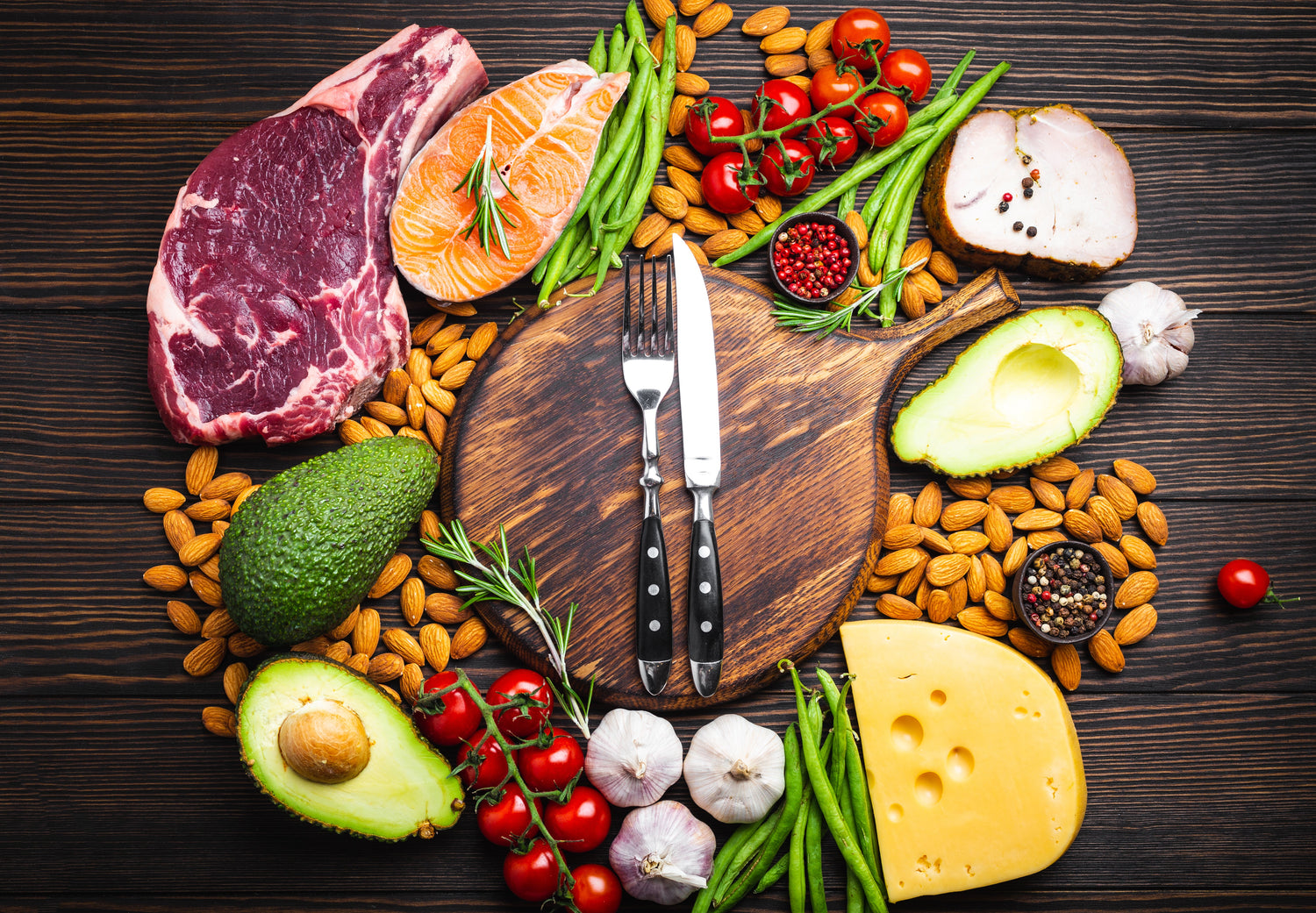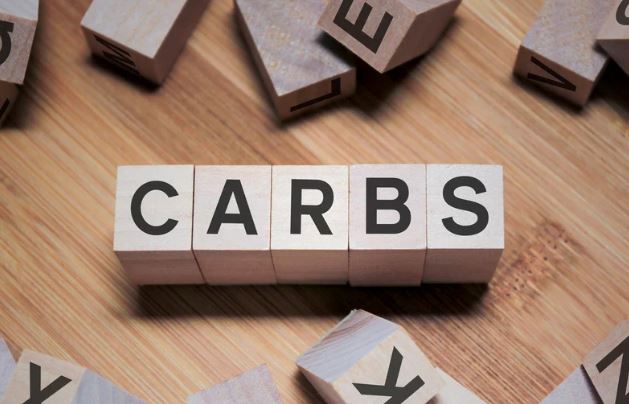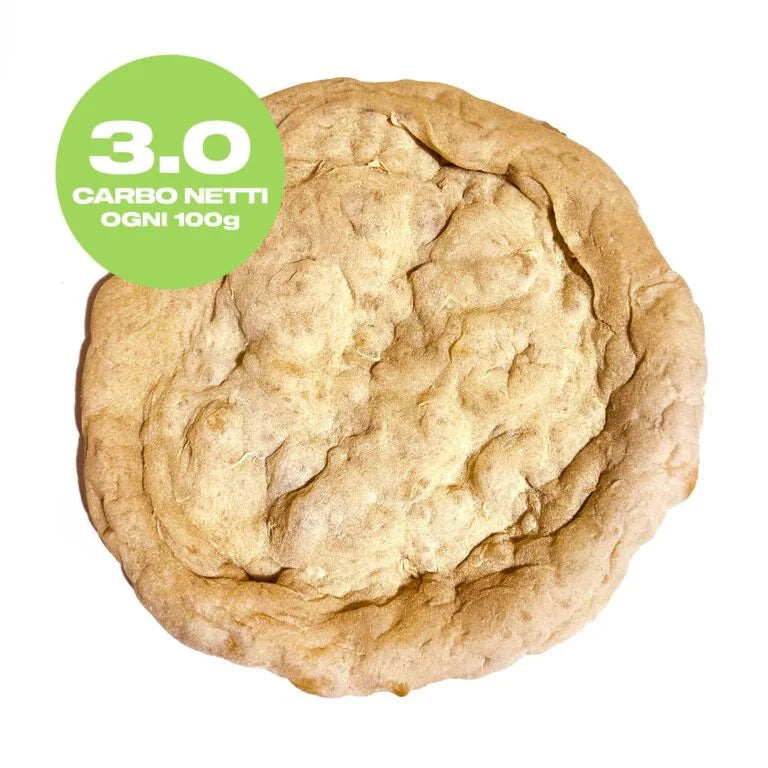The Importance of Completing Fat Macros on the Keto Diet to Avoid Stagnation
The ketogenic diet, commonly known as the keto diet, has gained popularity for its effectiveness in weight loss and improved metabolic health. One of the keys to this diet is its high fat, moderate protein, and low carbohydrate intake. However, one of the most common challenges is reaching the necessary fat macros. Here, we explain why it's crucial not to neglect this aspect and how it can prevent your progress from stagnating.
#### 1. **Primary Source of Energy**
On the keto diet, fats become the primary source of energy instead of carbohydrates. When you drastically limit carbohydrates, your body enters a state of ketosis, in which it burns fat for energy. If you don't consume enough fat, you may feel fatigued and lacking energy, which affects your daily performance and your motivation to continue the diet.
#### 2. **Hunger Satisfaction and Control**
Fats have a greater satiating effect than carbohydrates and proteins. Consuming the right amount of fat helps you feel fuller longer, which reduces cravings and the risk of overeating. This is essential for maintaining the calorie deficit necessary for weight loss without feeling constantly hungry.
#### 3. **Hormonal Balance**
Fats are crucial for hormone production and regulation. Adequate intake of healthy fats helps maintain hormonal balance, which is critical for various bodily functions, including metabolism and fat burning. A low-fat diet can disrupt this balance and lead to problems such as fatigue, stress, and weight loss resistance.
#### 4. **Nutrient Absorption**
Some essential vitamins, such as vitamins A, D, E, and K, are fat-soluble, meaning they require fat to be properly absorbed by the body. Failure to meet your fat macros can lead to nutritional deficiencies, affecting your overall health and optimal body function, which could stall your progress on your diet.
#### 5. **Maintaining Muscle Mass**
Consuming the right amount of fat also helps protect muscle mass. During ketosis, if you don't consume enough fat, your body may turn to muscle protein for energy, which can lead to muscle loss. Maintaining an adequate fat intake ensures your body uses fat as its primary energy source and preserves muscle mass.
#### 6. **Avoid Weight Loss Stagnation**
When you don't consume enough good fats, your body may interpret the lack of available energy as a state of starvation. This can lead to a slowing of your metabolism as a survival mechanism, causing weight loss to stall. Additionally, insufficient fat intake can lead to increased protein or carbohydrate intake, taking you out of ketosis and hindering fat burning.
### Tips to Increase Fat Intake
- **Choose healthy fats:** Opt for avocados, nuts, seeds, olive oil, coconut oil, and fatty fish.
- **Add fats to your meals:** Add oils and butter to your dishes, and choose cuts of meat with a higher fat content.
- **High-fat snacks:** Consider snacks like cheese, olives, and hard-boiled eggs to increase your fat intake between meals.
### Conclusion
Hitting your fat macros on the keto diet is not only important, but essential to avoiding plateaus and maximizing the benefits of this diet. Make sure you plan your meals appropriately and consume enough healthy fats to stay in ketosis, feel satisfied, and maintain optimal hormonal balance. This way, you can enjoy a smoother and more successful path to your health and weight loss goals.
Remember, the key to success on the keto diet lies in balance and consistency. Don't underestimate the power of fats!
Why Can't I Lose Weight on the Keto Diet? The Key Is to Complete Your Fat Macros
Tienda Keto





